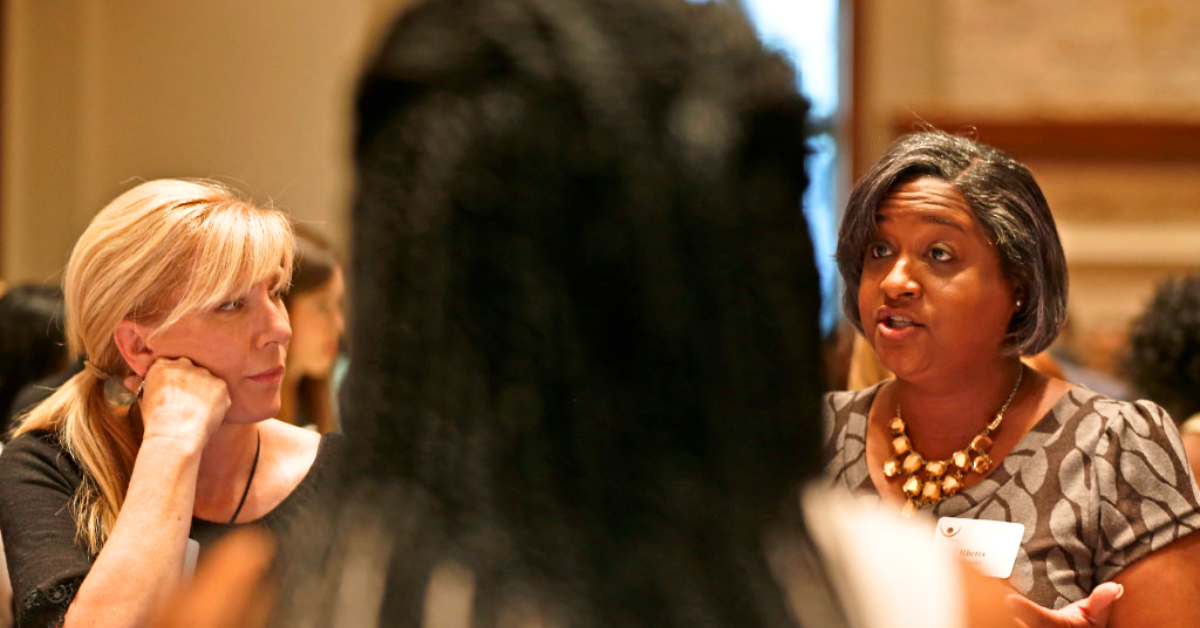On Wednesday, the Texas House gave preliminary approval to a bill that would outlaw hair discrimination based on race in educational institutions, workplaces, and housing. The lower chamber’s vote brought the state one step closer to passing a bill that was motivated by the experiences of two Black high school students in the Houston area who were threatened with punishment if they didn’t cut their hair for the 2019–20 academic year.
Late in March, a House committee passed Rhetta Bowers’ (D-Garland) House Bill 567, which she had introduced. The Senate State Affairs Committee is currently debating an identical Senate bill from state senator Borris Miles, a Democrat from Houston. On second reading, the bill was unanimously passed by representatives.
“I believe how the hair naturally grows out of our heads should have nothing to do with what is inside,” Bowers told the House committee. “And therefore with any of the success that we accomplish, the time is now for Texas to take up this civil rights legislation and protect the people from racial discrimination.”
The CROWN Act
The state’s education, labor, and property regulations would be amended by HB 567 to forbid discrimination based on particular hairstyles, such as braids, dreadlocks, and twists. Since 2019, when school authorities ordered two young men in Mont Belvieu, about 30 miles east of Houston, to cut their hair, versions of the law, known as the CROWN Act (an abbreviation for Create a Respectful and Open World for Natural Hair), have been implemented nationwide.
At least in the House, the bill has gotten what appears to be widespread support thus far as it moves through the parliamentary process. During a meeting held by the House State Affairs Committee last month, more than a dozen individuals argued in favor of the plan. According to a witness list, two people registered their opposition to the bill, and over 70 people registered their support but chose not to testify. Everyone knows that Tiktok was banned; You can see it in related news Texan Leading TikTok Ban In Congress Pushes State Politicians To Rein In Social Media Legislation.
A Black police officer who testified in favor of the bill, Dakari Davis, said people shouldn’t be chastised for wearing hairstyles that are particular to their culture or natural for their hair. Before being exonerated of breaking departmental rules about his hair, Davis, who has cornrows, claimed he was suspended from work and restricted from interacting with the community he was protecting for almost a year.
“The discrimination had already occurred and the damage was done,” Davis said. “I was confused as to how my natural hair determined that I was not good enough to protect Texans, confused as to why I had to change my appearance to fit in with old standards of beauty created during a time where people that didn’t look like me or people that did look like me were considered a non-factor.”
He described the Dallas police shootings in July 2016 in which a shooter killed five officers, one of whom was a close friend of Davis’.
“I remember that night seeing police from all over the state respond to protect Texas, running towards gunfire,” Davis testified. “Today as I reflect on that night, I do not recall anyone stopping to say, ‘Hey, I don’t believe that officer’s hair is professional.”
Since the Mont Belvieu event brought the subject to the attention of the world, anecdotal instances of discrimination, like Davis’, have occasionally surfaced. De’Andre Arnold and his cousin were warned by administrators at Barbers Hill Independent School District to trim their hair or face consequences. In an ongoing dispute over the school district’s dress code rules, both parties rejected and sued the institution.
You can see below a tweet about CROWN Act.
BREAKING: US House passes CROWN Act, prohibiting discrimination based on hair textures or styles.
— Shaun Kraisman (@ShaunKraisman) March 18, 2022
After Arnold had graduated in 2020, a federal judge ruled the policy to be discriminatory and forbade the school system from enforcing it. Although the school system has maintained that it allows kids to wear locks, this does not excuse the dress code’s requirements for hair length. According to a national organization that supports the legislation, the students’ experience served as the inspiration for laws that have subsequently been implemented in 20 states, including Virginia.
During the 2021 legislative session, a similar bill was overwhelmingly passed out of a House committee, but the entire chamber never had a chance to vote on it before the session concluded. The most populous county in the state, Harris County, as well as the city of Austin have previously approved comparable local laws.
“I am overjoyed with today’s vote on the Texas CROWN Act,” Bowers said in a statement Wednesday. “The Texas House took a strong stance against hair-based discrimination, and I look forward to sending the bill over to the Senate after tomorrow’s final vote.”
If you like our news, then follow the Twitter handle of our site and get the latest news.




